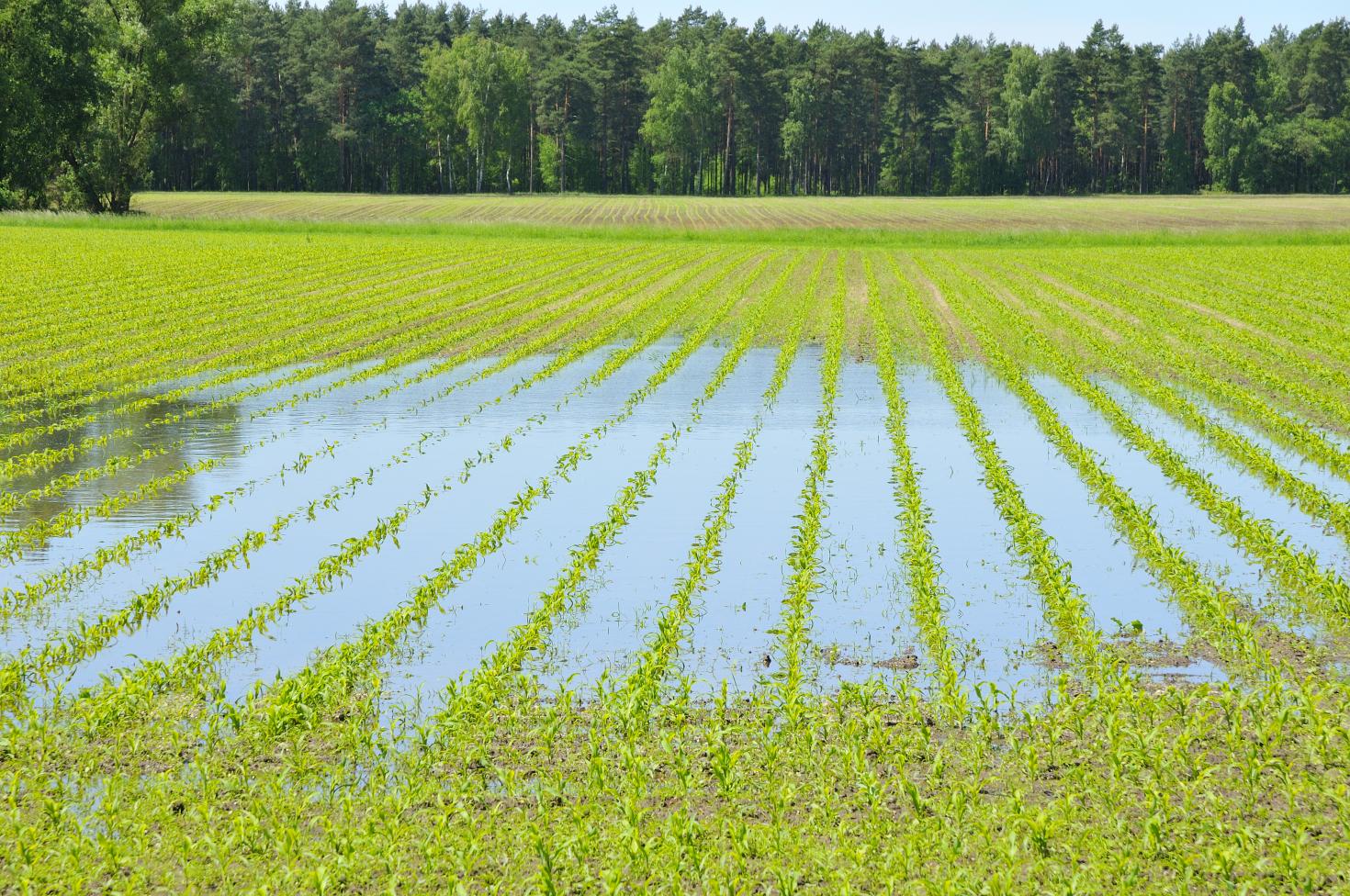An event was held to enable specialists to present the main results of the COP 21 and explain the close links that exist among climate change, agriculture and food security.

San Jose, 15 March 2016 (IICA). The Inter-American Institute for Cooperation on Agriculture (IICA) brought together more than 100 participants from the public, private and academic sectors of Latin America and the Caribbean (LAC), and specialists from the region, to analyze the scope and implications of the recently signed Paris Agreement for the agricultural sector of the Americas.
The agreement was signed in Paris in late 2015 at the twenty-first session of the Conference of the Parties (COP 21) to the United Nations Framework Convention on Climate Change (UNFCCC).
“This agreement reflects a global commitment to accelerating the reduction of greenhouse gas emissions. The specific references to food security in this agreement are clearer and more direct than in the original text of the Convention, a reflection of the growing importance being assigned to the agricultural sector in the international climate change negotiations,” explained IICA specialist Daniela Medina.
At the seminar, specialists from Mexico, Guatemala and Uruguay shared their views on the progress made in the international climate change negotiations on the question of agriculture, and the process that has taken place in the UNFCCC working groups in recent years. According to Medina, that work could lead to the adoption of a formal work program in the future.
“International negotiations are always important, but national and local efforts cannot be ignored. Climate is a global public good to which agriculture and food and nutritional security are particularly vulnerable,” commented Julie Lennox, Chief of the Agricultural Development Unit of the Subregional Headquarters of the Economic Commission for Latin America and the Caribbean (ECLAC) in Mexico.
Lennox stressed that responding to climate variability calls for a paradigm shift in production and consumption, moving toward more inclusive and sustainable societies and economies. “This challenge already existed, but it has become all the more pressing,” she observed.
“The two key challenges of this century are the need to deal with climate change and overcome poverty. If we fail to solve the problems caused by climate change, we will generate a hostile environment that will affect lives and livelihoods. And if we fail to address either of the two challenges successfully, our efforts to tackle the other one will also be frustrated. We must move forward with a greater sense of urgency,” she stated.
The Director General of the Private Institute for Climate Change Research in Guatemala, Alex Guerra, and the Director of the Agricultural Climate Change Unit of the Ministry of Livestock, Agriculture, and Fisheries of Uruguay, Walter Oyhantcabal, informed participants of the progress made and challenges faced by their countries’ negotiating teams at the COP 21.
“The meeting highlighted the diversity of agricultural systems, and the importance of agriculture in ensuring progress, food security, sustainable rural development, economic development, poverty reduction and livelihoods,” Guerra remarked.
Both speakers mentioned the challenge of coordinating efforts at the national and regional levels in order to consolidate stronger positions in the negotiations, which, in turn, would make it possible to establish a work program on the issue and channel technical and financial resources.
This event is part of a series of webinars, organized jointly by IICA and other renowned institutions involved in the issue of climate change, aimed at strengthening the technical capabilities of Mesoamerican countries for climate change adaptation in agriculture.
More information: david.williams@iica.int











